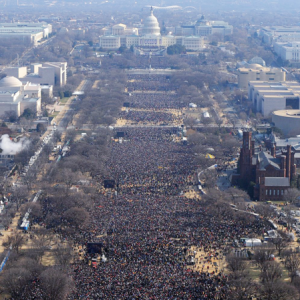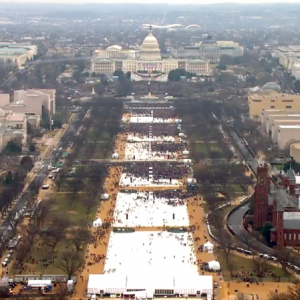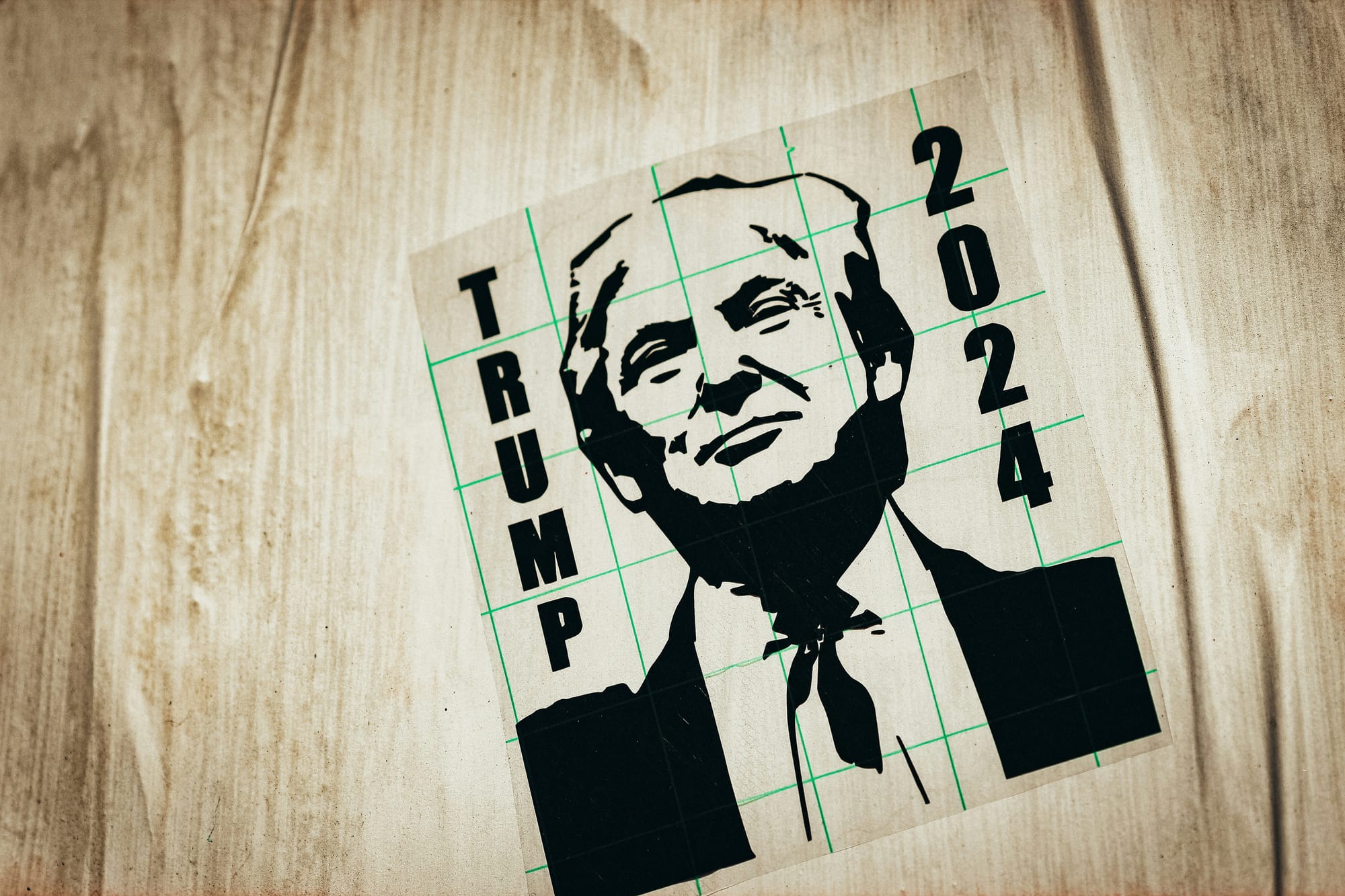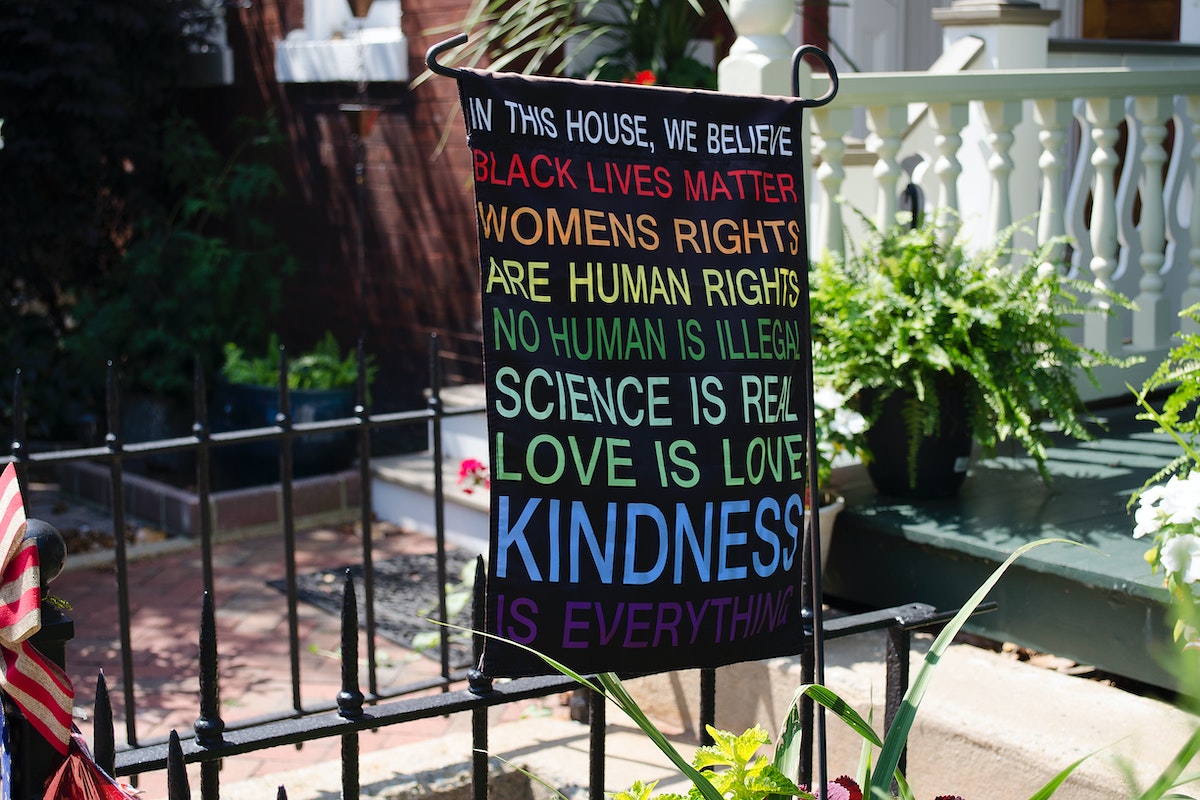Psychology
Are Political Disagreements Real Disagreements?
If partisanship is shaping our perceptions of reality, then democratic decision-making becomes incredibly difficult.

If people disagree about anything, it’s politics. In the United States, nearly half of all Republicans and Democrats say they “almost never” agree with the other party’s positions. Whether the topic is health care, the economy, foreign affairs, education, the environment, privatization, energy, or immigration, it seems nearly impossible for political opponents to agree.
Disagreement is often a good thing for a healthy democracy. We expect values and preferences to differ in a pluralistic society, and reasonable citizens understand that people of good will can disagree about moral and political issues. For this reason, theorizing about liberal democracy has focused largely on disagreements concerning moral and political values, while taking for granted that citizens tend to agree on the facts.
But is this assumption still valid? Today, partisan disagreements seem to go beyond political values and even include disputes about obvious matters of fact. Consider the issue of climate change. The extent and causes of climate change is a scientific issue that should be settled independently of one’s political beliefs. Yet politics seems to drive our beliefs about the facts instead of the facts driving policy.
Factual disagreement is a big problem for democratic politics. If partisanship is shaping our perceptions of reality, then democratic decision-making becomes incredibly difficult. Without agreement on the facts, we will be unable to hold representatives accountable, to productively deliberate with the other side, and to find political compromise.
But is political disagreement so extensive and deep, as many have claimed, that we are unable to agree even on the facts? I want to suggest that many disagreements in politics are not genuine disagreements. What looks like a disagreement over political facts is often just partisan cheerleading or party bad-mouthing.
Consider what Trump supporters say when asked to compare these two photos.


In a survey of almost 700 American adults, participants were shown both images and asked a very simple question: “Which photo has more people?” Although only one answer is clearly correct, Trump supporters were six times more likely (compared to Clinton voters and nonvoters) to say that the half-empty photo of Trump’s inauguration had more people. Trump supporters with college degrees were the most likely to answer incorrectly: 26 percent of them gave the clearly wrong answer. In other words, the Trump supporters with the most education were 10 times more likely (than Clinton voters and nonvoters) to say the obviously half-empty photo had more people.
Do these people really believe there are more people in the obviously half-empty photo?
It would be wrong to interpret their responses in this way—yet many commentators have. In an article in The Atlantic, Olga Khazan claims that these Trump supporters are attempting “to meld new information into their existing beliefs” in order to “preserve their ideological identities.” This assumes that Trump voters are so incredibly biased that they will believe a conclusion that flies in the face of unambiguous photographic evidence.

This is not what’s going on. When a Trump supporter claims that a half-empty photo is full of people, they are simply cheerleading. These people have decided to express their support for Trump rather than to answer the question factually. It is a way of showing that Trump supporters will not be insulted by smug liberal academics who are conducting a survey.
This is just one example; there are plenty more. Apparently one in four Americans think Barack Obama may be “the antichrist.” Do these people really believe this? Maybe they do. But a far more likely scenario is that such reports reflect partisan cheerleading rather than genuine belief. It is a way of saying “Boo, Democrats!” and “Go, Republicans!” This is likely not just an American phenomenon. Nearly half of the British public still claim to believe that the UK sends £350m to the E.U. each week, despite persistent attempts to debunk this myth. A new study by the Policy Institute at King’s College, London, found that 42 percent of people who had heard the claim still believe it is true. Brexit voters are particularly susceptible to the misinformation, with 61 percent of them buying the claim.
If we take these figures at face value, we are led to conclude that nearly half of the British public continues to be misinformed about the issue because they continue to believe these “alternative facts.” This is precisely how Professor Bobby Duffy, director of the Policy Institute that carried out this research, interprets these results. In an interview with The Independent, he said, “These misperceptions raise important questions about the basis of our decision-making…the fact that different groups see the same realities so differently shows how divided we are.”
Are these people seeing the same reality differently? We should be wary of taking answers to factual questions with partisan implications at face value, since they are often contaminated by the motivation to root for one’s team. People believe one answer, but they give a different answer to support their party. As Gary Langer, former chief pollster for ABC News, aptly remarks: “Some people who strongly oppose a person or proposition will take virtually any opportunity to express that antipathy…not to express their ‘belief,’ in its conventional meaning, but rather to throw verbal stones.”
A lot of evidence supports this. In Uncivil Agreement, Lilliana Mason shows that voters are increasingly polarized in terms of their attitudes towards each other, even though there has been comparatively little polarization on the issues. Democrats and Republicans have grown more partisan, angry, and biased against the other side, but these attitudes have almost nothing to do with their opinions about the issues. Voters are simply behaving as if they disagree.
In Democracy for Realists, Christopher Achen and Larry Bartels argue that Americans vote largely on the basis of loyalty to their “team,” not sincere policy preferences. Although many citizens will describe themselves as “liberal” or “conservative,” they actually lack stable beliefs fitting these ideological self-descriptions. Thus, what seems like deep political disagreement is actually superficial and inauthentic. We know this because a small payment of $0.30 will motivate people to give more accurate (and less partisan) answers to politically charged questions. By incentivizing people for accuracy, the gap between Democrats and Republicans in response to factual questions sharply decreases, and sometimes disappears entirely.
What does this mean for politics? It means there is a lot less disagreement in politics than we thought. Although people seem to disagree about well-established facts, they are just making claims about factual issues to signal their allegiance to a particular ideological community.
This helps us understand why political debates go so poorly. They swiftly devolve into heated partisan rancor because political debates are not generally treated as opportunities to exchange reasons or make arguments. Rather, they are opportunities for cheerleading and bad-mouthing. Consider an analogy with sports. When fans cheer for their team, this is not an exercise in rational deliberation. They are just expressing loyalty to their team. If political disagreement is similarly tribal, then we should view partisan claims about global warming, health care, and the like, in a similar light. These claims are not conclusions articulated on the basis of reasons, but rather proclamations akin to “Yay, team!”
This would also explain why disagreements often seem irresolvable and why people do not often read the news posts they share. We cannot resolve a factual disagreement when there is no genuine disagreement; and people may not read the news posts they share because the primary function of news-post sharing is expressive, just as the primary function of claims about factual issues is to signal allegiance. Partisan cheerleading may also explain why attempts to correct false beliefs sometimes backfire. If factual corrections are interpreted as challenges to our “team,” the correction will seem to “backfire” because people will reply by expressing their loyalty.
These conclusions have a variety of upshots, some good and some bad. First, the good news: the extent to which voters are misinformed is greatly overstated. Although a large number of people will say that Obama is the antichrist, that he founded ISIS, and so forth, these people may not genuinely believe these things. Our worries about voter incompetence have been driven not by voter misperceptions but rather by our misperceptions about voters. I find this incredibly reassuring. The willingness to occasionally disregard factual information is far less pernicious than being misinformed, since genuinely believing incorrect information would preclude doubt and obstruct the attainment of truth.
In addition to overstating the extent to which voters are misinformed, survey responses also tend to exaggerate the degree to which partisanship biases or distorts our perception of the facts. The theory of “motivated reasoning” assumes that the misinformation documented by survey researchers is an accurate reflection of what voters truly believe. But this is an inadequate diagnosis in many cases. Many citizens have the capacity to perceive reality in a less partisan way than they have claimed.
In short, people are neither as dumb nor as biased as we thought. What appears to be stupidity or irrationality is often just cheerleading.

But partisan cheerleading also corrupts public discourse. When empirical language is appropriated to express party loyalty, it generates confusion about what people are actually saying. Political discourse ends up commandeering factual discourse for expressive purposes, overtaking the language normally used for empirical assertions and policy discussions. This harms public discourse by infecting the public domain with misleading information, polluting our information environment, and corrupting human knowledge.1
This has implications for how we should debate with others. When we mistakenly interpret their discourse literally, we tend to reply with empirical arguments. For instance, if liberal democrats interpret vehement denials of anthropogenic climate change as evidence of people out of touch with reality, they will criticize their opponents for not engaging with the evidence. This may further antagonize the other side because they will interpret liberals as calling them stupid.
More worryingly, this implies that political conflict cannot be resolved by bringing people together on the issues. If Democrats and Republicans loathe each other despite agreeing on many issues, then finding common policy ground will not reduce political animus.
I have no solutions to these problems. My aim is not to recommend solutions but rather to suggest a new way to look at the problem of disagreement in politics. In our polarized climate, it is easy (and common) to conclude that politics is rife with disagreement, including factual disagreement. But what looks like a disagreement is often just cheap talk and cheerleading. It is no different from the schoolyard bully who once told my classmates that I “suck monkey balls.” This person was not making a factual claim about my preferences; he was trying to cast me into disrepute. A variety of political claims serve the same function.
Reference:
1Elizabeth Anderson makes this point in “Epistemic Bubbles and Authoritarian Politics.” In Politics and Truth: New Perspectives in Political Epistemology. Edited by Michael Hannon and Elizabeth Edenberg.






